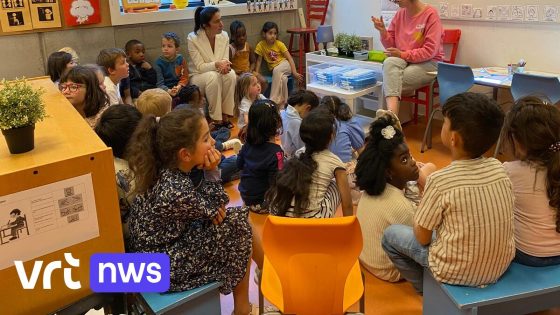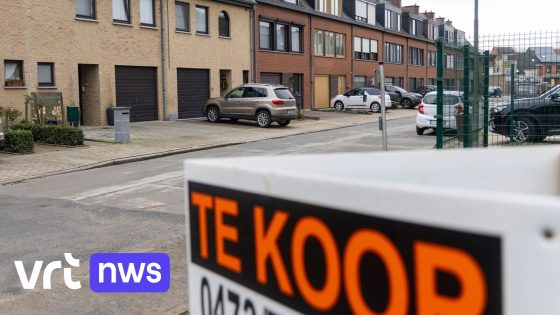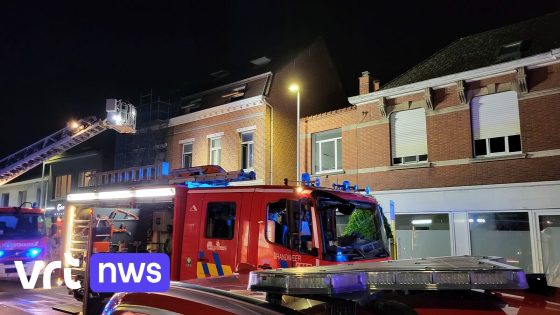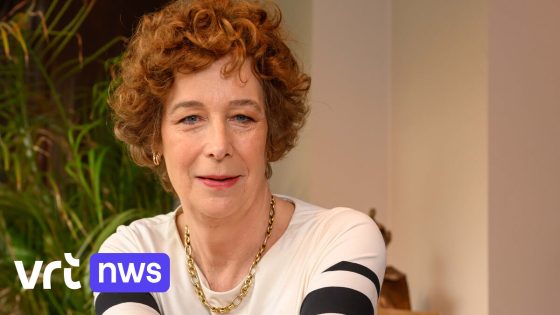Belgian education is set for significant updates as new curriculum goals emphasize a broader and deeper understanding of geography and science. From 2025-05-09 17:39:00, sixth-grade students will be expected to identify many more countries on the map, including major nations like the united states, Brazil, Congo, and China, beyond just the European Union. This shift aims to go beyond memorization, encouraging students to understand the economic importance of these countries.
- Identify many countries on the map
- Reason economic importance of countries
- Learn history of Garcia II of Kongo
- Understand climate zones via latitude
- Know Belgian state structure and symbols
- Recognize all organisms have cells
History and geography lessons will also be enriched with new content. For example, students will learn about Garcia II of Kongo and explore how latitude lines affect climate zones. They will deepen their knowledge of Belgian state structures and Flemish community symbols, such as the flag, coat of arms, and anthem. Additionally, science education will advance by introducing cellular biology concepts earlier, with students learning that all organisms are made up of one or more cells by the end of primary school.
How will these changes impact Belgian students’ understanding of the world? And what benefits could this bring to their future learning? The answers lie in the new curriculum’s focus on critical thinking and global awareness.
Why is this curriculum update important for Belgian education? It encourages students to:
- Develop map skills with a global focus beyond Europe
- Understand historical and economic contexts of various countries
- Connect geography with climate science through latitude and climate zones
- Gain early exposure to biology, fostering scientific curiosity
As these educational reforms take hold, Belgian schools will play a crucial role in equipping young learners with the skills and knowledge needed for tomorrow’s challenges. How will educators adapt to these changes, and how will students embrace this expanded learning journey? Time will tell, but the future looks promising.































